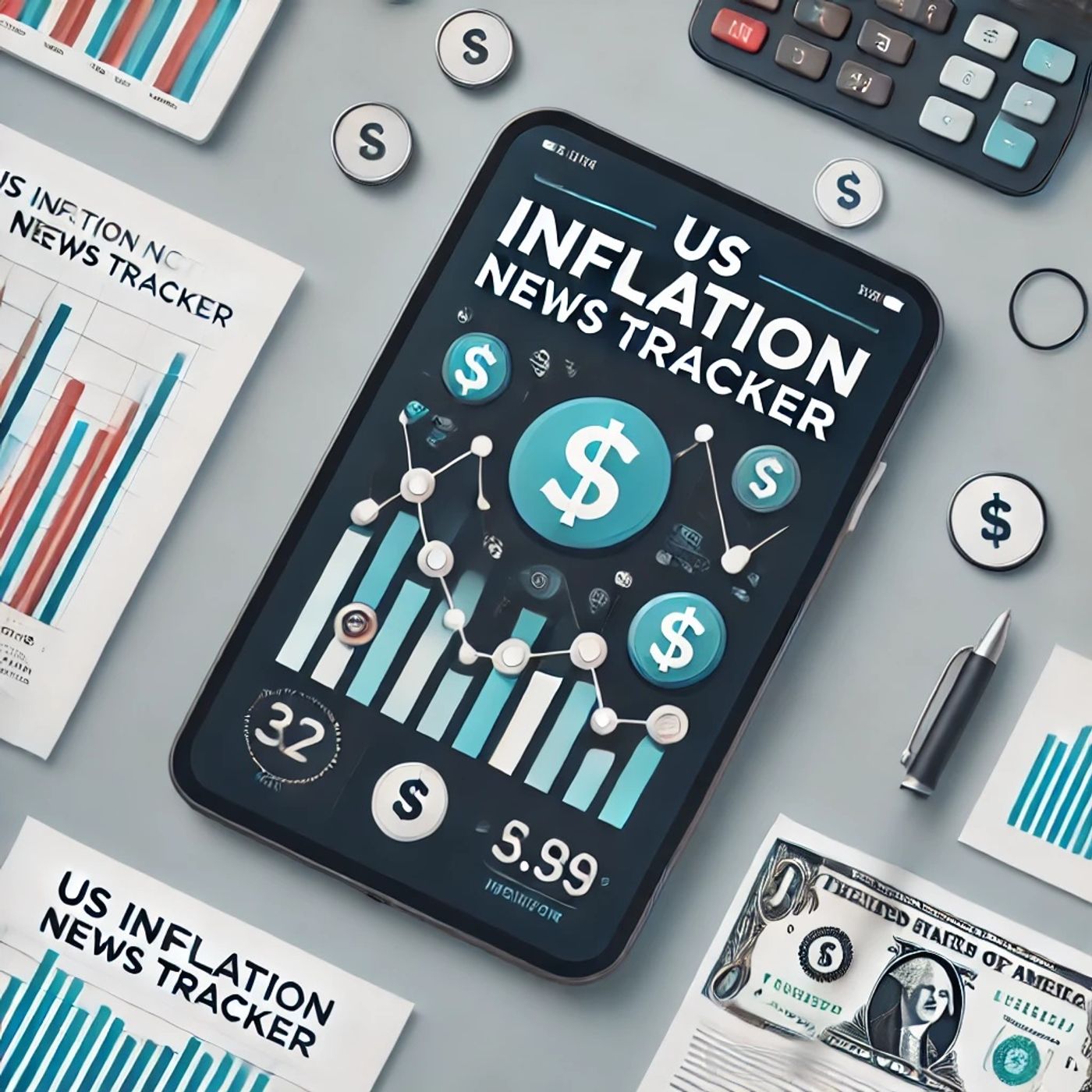Dow Surges 400 Points, Sets New Records Amid AI Optimism and Economic Uncertainty
Update: 2025-10-03
Description
Wall Street experienced a significant surge as the Dow Jones Industrial Average rallied by 400 points, setting new record highs for the three major U.S. indexes. This bullish momentum comes despite looming concerns over a potential government shutdown, as investors remain optimistic about ongoing advancements in artificial intelligence (AI) technology supporting market strength. This sustained upward trend highlights a broader shift in investor sentiment, driving confidence even amidst economic uncertainties.
Interestingly, the inflation debate remains at the forefront of economic discussions, with tariffs frequently scrutinized for their inflationary impact. While tariffs are often blamed for elevated consumer inflation levels seen throughout 2025, they are not the sole factor influencing price stability. It's crucial to consider how these geopolitical tools interact with other economic variables, possibly escalating inflation but also accompanied by the broader effects of fiscal and monetary policies.
In the currency market, the Q4 2025 forecast for GBP/USD is caught in a complex interplay between U.S. economic conditions and the UK's fiscal strategies. The weakness observed in the U.S. labor market has potential implications for the USD, possibly exerting downward pressure. Furthermore, inflation remains a pivotal concern, with the core Personal Consumption Expenditures (PCE) index showing an upward trend, suggesting persistent inflationary pressures that could influence Federal Reserve policy decisions. As market participants continue to navigate these multifaceted economic landscapes, the intersection of tariffs, labor dynamics, and central bank policies remain crucial in shaping both market sentiments and inflationary expectations.
This content was created in partnership and with the help of Artificial Intelligence AI
Interestingly, the inflation debate remains at the forefront of economic discussions, with tariffs frequently scrutinized for their inflationary impact. While tariffs are often blamed for elevated consumer inflation levels seen throughout 2025, they are not the sole factor influencing price stability. It's crucial to consider how these geopolitical tools interact with other economic variables, possibly escalating inflation but also accompanied by the broader effects of fiscal and monetary policies.
In the currency market, the Q4 2025 forecast for GBP/USD is caught in a complex interplay between U.S. economic conditions and the UK's fiscal strategies. The weakness observed in the U.S. labor market has potential implications for the USD, possibly exerting downward pressure. Furthermore, inflation remains a pivotal concern, with the core Personal Consumption Expenditures (PCE) index showing an upward trend, suggesting persistent inflationary pressures that could influence Federal Reserve policy decisions. As market participants continue to navigate these multifaceted economic landscapes, the intersection of tariffs, labor dynamics, and central bank policies remain crucial in shaping both market sentiments and inflationary expectations.
This content was created in partnership and with the help of Artificial Intelligence AI
Comments
In Channel





